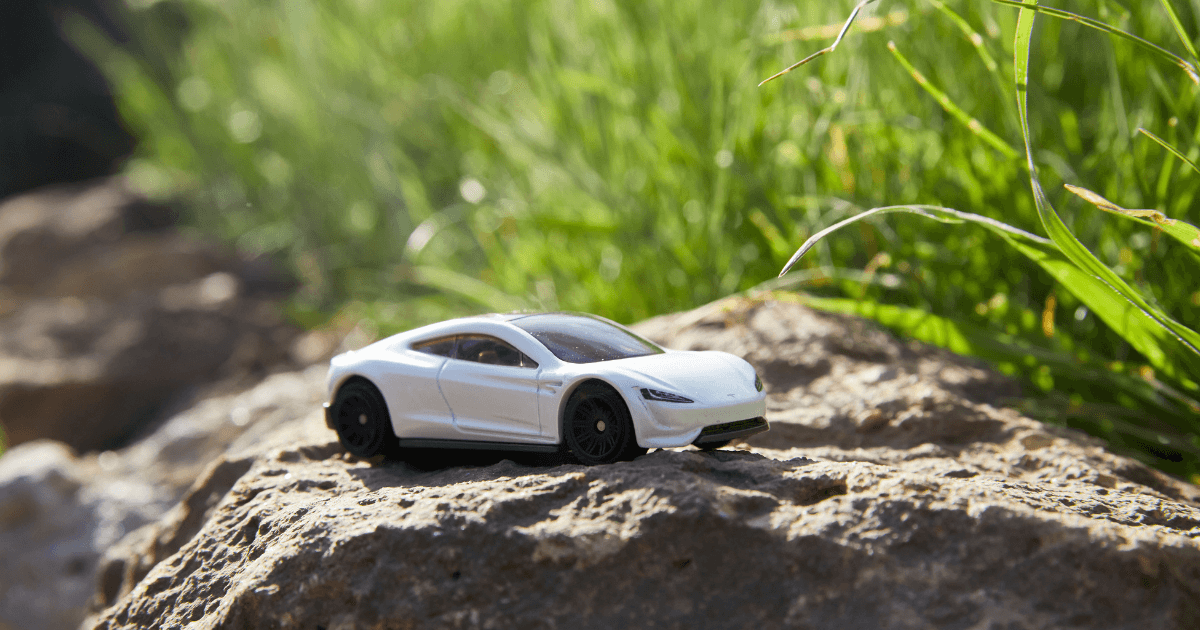
Electric Vehicles Drive Interest For Licensing
Amid surging sales of electric vehicles, so is brand recognition.
And while sales of them, hybrid and battery, are small in comparison to their gas-powered brethren, the brands are showing licensing potential. Indeed, with global sales of 6.5 million units in 2021, EVs captured about 10% of the market.
The sales have been enough that brands like Tesla, Lucid and Rivian, appear primed for licensing, despite, in the latter’s case, having only produced 1,015 units last year, short of its goal of 1,200.
For example, Tesla licensee Radio Flyer has released ride-on vehicles that start at $79 for the “My First Model Y” aimed at 1.5-4-year-olds and top out at $1,900 for a Cyberquad all-terrain-vehicle (ATV) that takes its design cues from the full-sized Cybertruck, production of which was recently delayed until the first quarter of 2023. The Cybertuck ride-on targets the eight years and up crowd with speeds up to 10 miles per hour and a 15-mile run time.
Among the toymakers, Mattel last year launched a diecast Matchbox Tesla Roadster made from 99% recycled materials, which was being promoted on Amazon on Monday with a 67% discount at $3.94, while a Matchbox Adventure City Tesla Model S was available on Walmart.com for $32. Mattel Matchbox, which bases its design on “real-world vehicles” plans to launch exclusive EV diecast vehicles with “earth-friendly” packaging in connection with Earth Day on April 22, Mattel President Richard Dickson said last week. Mattel also packaged a Hot Wheels R/C Cybertruck with a Cyberquad that sells for $99.
“As brands come in and make a statement in the space the visuals of the car and the form and function will influence demand in different [licensed] categories” including lifestyle, said Michael Almeida, VP of Business Development at The Joester Loria Group, which represents Toyota, which last year unveiled extensive plans for EVs, including the 2023 bZ4X that is due at dealers mid-year. “There is the toyetic piece of this for licensing, but a lot of this goes to a fan base who wants to showcase their pride for a specific brand. You have to have that critical mass first and Tesla has taken off and become a brand with a cult-like following.”
The EV market for merchandise has launched largely through the carmakers themselves. Tesla and Rivian have their own ecommerce shops offering t-shirts, mugs, hats, and, in the case of Tesla, a $200 quilted shirt and $130 bomber jackets. And Rivian licensee and Japanese outdoor and apparel supplier Snow Peak is marketing “The Camp Kitchen” ($5,000), which consists of a three-piece modular kitchen, 30-piece kitchen set, and a two-burner induction cooktop. The Camp Kitchen is compatible with Rivian’s R1S electric pick-up trucks, that are competing for consumer attention with Ford’s F150 Lightning and General Motors’ GMC Hummer EV.
The recent groundswell of interest in EVs, isn’t the first time the category has touched licensing. Slot car and R/C supplier Carrera Revel launched a version of Chinese automaker NextEV’s NIO EP9 EV in 2018, but had sales limited both by price and awareness, Carrera America President Frank Tiessen. And Toyota also has long had merchandise keyed to its Prius hybrid car that first arrived in 1997, including t-shirts and accessories on its own site and as well as those operated by Redbubble, Zazzle, CafePress and others.
“When we first introduced products there was still very little awareness and the prices made it a very limited market,” Tiessen said. “That’s no longer the case.”

















